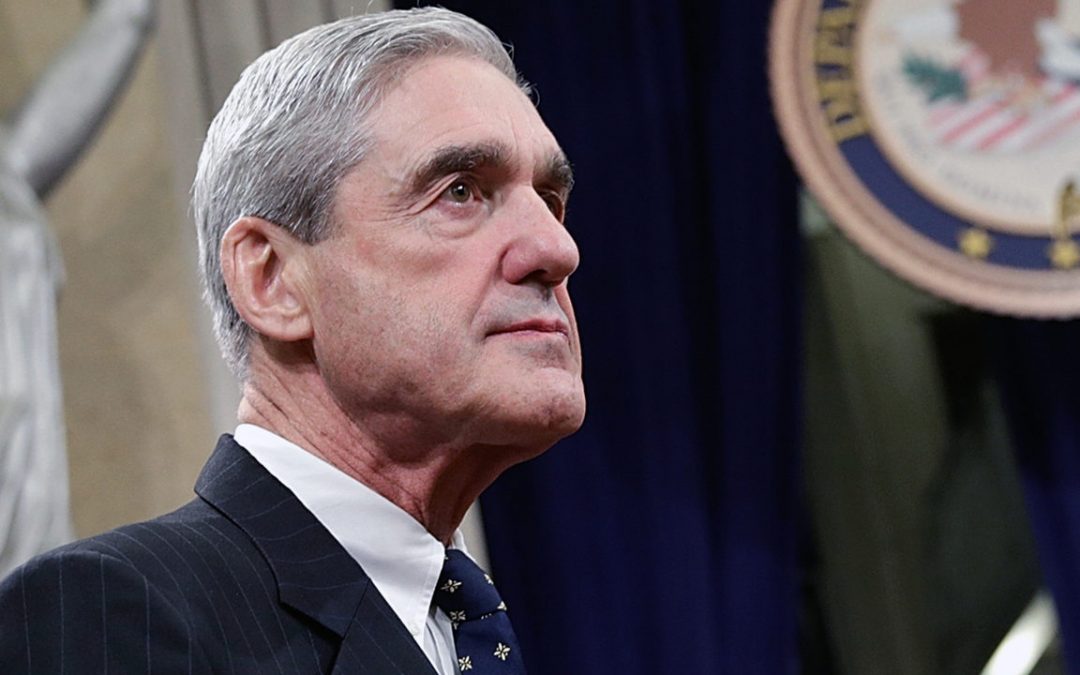Special Counsel Robert Mueller’s Washington grand jury, which was set to expire over the weekend, has had its term formally extended by a federal judge.
By law, most federal grand juries are impaneled for 18-month terms, although extensions for up to six months are routinely granted.
The key grand jury used by Mueller came into existence on July 5, 2017, and would have run out this weekend without action from the court.
Chief Judge Beryl Howell approved the extension of the investigative panel, although there was no comment by the court on why.
“The chief judge confirms that grand jury 17-1 has been extended,” an aide to Howell said.
The grand jury bearing that number is known to have produced several indictments related to the Mueller probe, including charges against former Trump campaign chairman Paul Manafort and deputy campaign chairman Rick Gates.
The same panel has also returned indictments against 25 Russians and three Russian companies over alleged hacking and online activity related to the 2016 U.S presidential election.
The extension of the grand jury suggests that Mueller may plan further indictments, but there were already several other indications of that.
Two political supporters of President Trump — political operative Roger Stone and author Jerome Corsi — have said that they have been threatened with indictment by Mueller’s prosecutors.
In addition, on Thursday, prosecutors handling one of the Russia-focused cases asked a federal judge to allow submission of a sealed brief discussing a “matter occurring before the grand jury.”
They didn’t elaborate in their public motion, which was granted by the court Friday.
Prosecutors could allow the grand jury to peter out and then submit earlier testimony to a new one, but that can be time consuming.
Letting the current grand jury expire could also undermine other efforts by Mueller’s office to obtain testimony and evidence related to the probe.
Mueller is locked in a dispute with a Stone associate, Andrew Miller, who is challenging Mueller’s appointment as unconstitutional.
An appeal on that issue is pending at the Washington, D.C. Circuit Court of Appeals and might be moot if the grand jury were to expire.
Another grand jury subpoena challenge brought by an unidentified company owned by a foreign government is pending at the Supreme Court.
The dispute, believed to involve Mueller’s team, could also be rendered moot with the current grand jury’s expiration.
